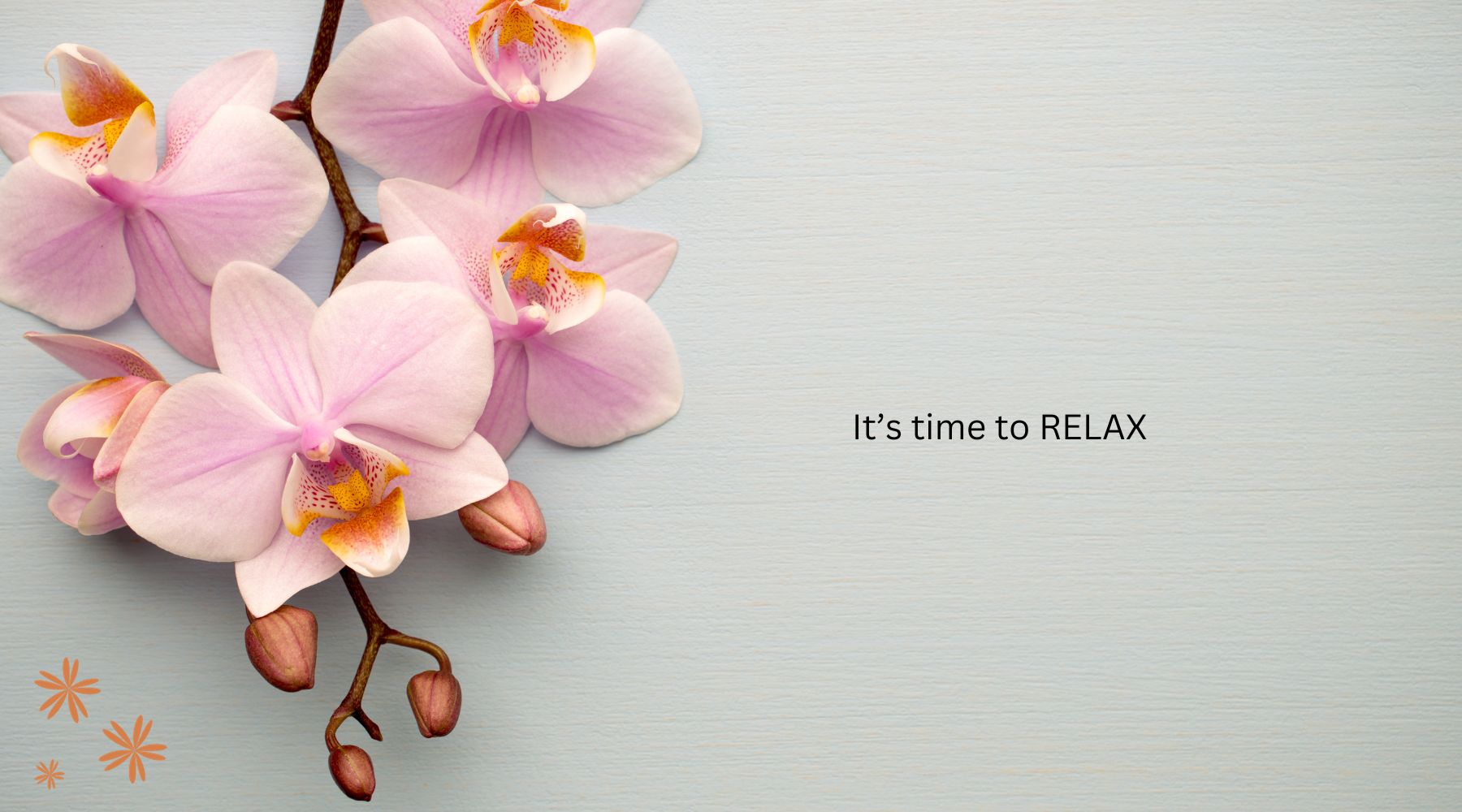You might think that napping is only for kids, lazy people, or those who don’t get enough sleep at night. But napping can be a powerful tool to boost your health, productivity, and happiness.
Feel cranky, irritable, or emotional after a long day? Napping can help you reset your mood and cope better with frustration. Napping can improve your attitude, and lower your blood pressure and cortisol levels, which are linked to stress and inflammation.
Do you have trouble remembering facts, names, or details? Napping can help you consolidate your memory and recall information more easily. According to the National Sleep Foundation, napping can improve your performance, reaction time, and creativity. Napping can also help you learn new skills and process information that you’ve acquired during the day. A nap can be like a mini-sleep session that allows your brain to refresh and reorganize.
Do you feel sleepy or sluggish in the afternoon? Napping can help you overcome the post-lunch dip and recharge your batteries. According to Mayo Clinic, napping can reduce fatigue and increase alertness. Napping can also help you avoid the negative effects of caffeine or sugar, which can disrupt your sleep quality at night.
Looking for suggestions for a great nap? Keep your naps short. Aim for 10 to 20 minutes, which is enough to get the benefits without feeling groggy or interfering with your nighttime sleep. If you have more time, you can nap for up to 90 minutes, which is a full sleep cycle. However, avoid napping for longer than that, as it can disrupt your circadian rhythm and make it harder to fall asleep at night.
Nap in the early afternoon. The best time to nap is between 1 p.m. and 3 p.m. when your body’s natural sleepiness peaks. Avoid napping too late in the day, as it can affect your sleep quality at night. Also, avoid napping too early in the day, as it can reduce your desire to sleep at night.
Nap in a comfortable quiet, dark, and cool space, where you won’t be disturbed by noise or light. You can use a pillow, a blanket, an eye mask, or earplugs to make yourself more comfortable. You can nap almost anywhere, as long as it’s safe and legal.
Wake up gently. After napping, give yourself some time to wake up before resuming your activities. You can use an alarm clock or a timer to avoid oversleeping. You can also drink some water, stretch, or do some light exercise to help you feel more alert.
Napping is not a sign of weakness or laziness. It’s a smart and healthy habit that can improve your well-being. Napping can help you feel happier, smarter, and more energetic. So go ahead and take a nap today. You’ll thank yourself later.




Leave a comment
This site is protected by hCaptcha and the hCaptcha Privacy Policy and Terms of Service apply.